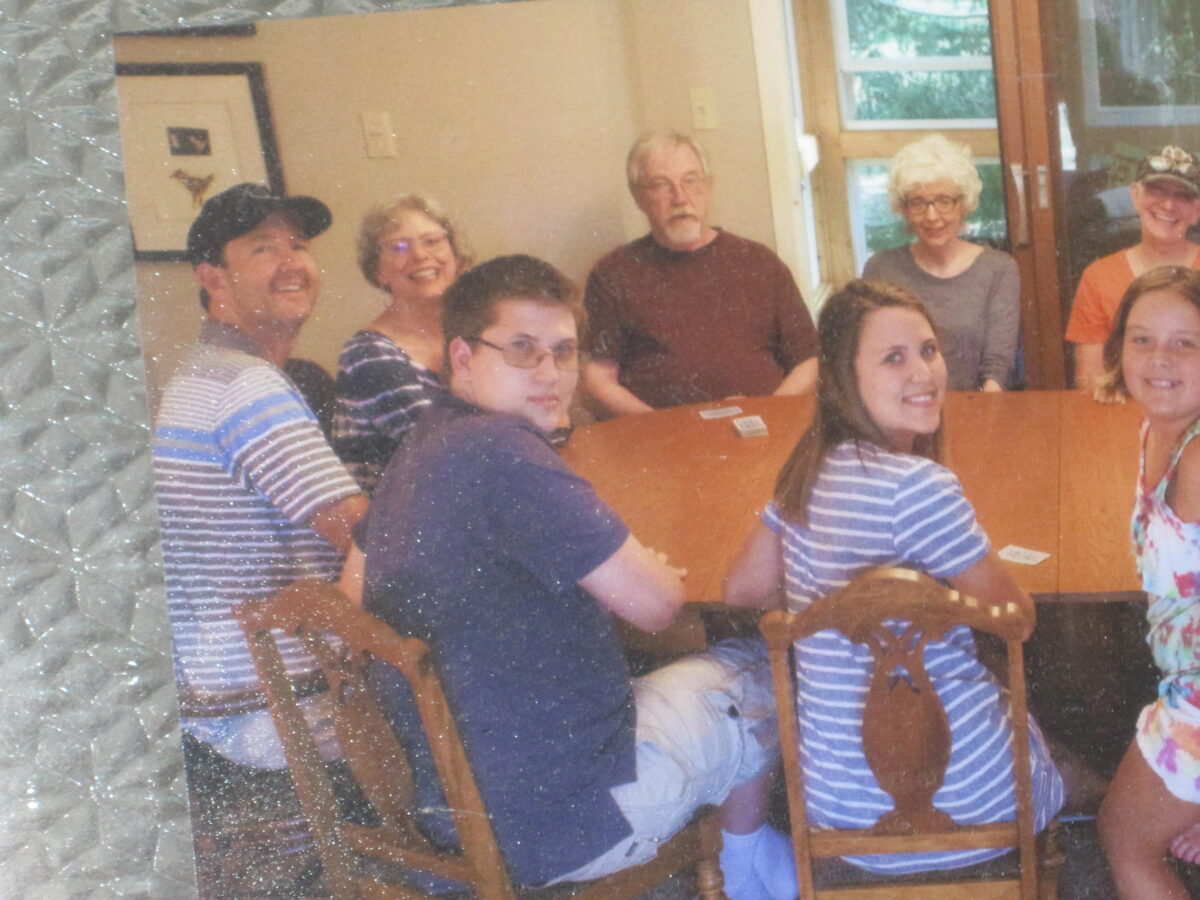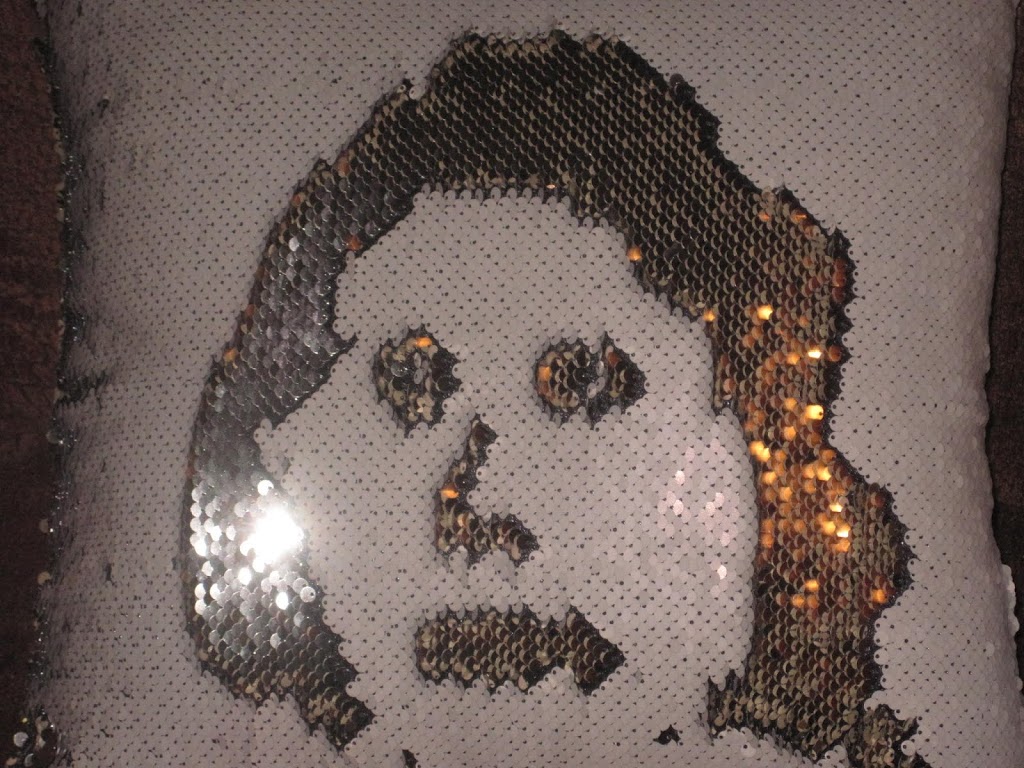When I was a girl, every other week Mom and I would get dressed up, leave the farm. go to town. I sat in the front seat and pretended to be a grownup. Now, breathing deeply, I remember how sophisticated I felt while ascending the majestic stairs of the Marshalltown Library. Once inside, I checked out as many books as allowed and then carefully descended the steps while savoring the feeling of being rich. I idolized all my favorite writers and believed they simply thought up an idea, sat down, wrote it out with no mistakes. When this didn’t happen for me, I thought it meant I was doing something wrong or that I was stupid. This made writing term papers or book reviews in school an ordeal.
I confess that at times, I still revert to magical thinking and believe that I should be able to sit down and write a flawless chapter in a few hours.
In a previous post, I shared Elizabeth Jarrett Andrew’s idea that when writers begin memoirs, they do not know the truth of their story. The first time I read that idea, I yelled “What?” so loud that my husband said, “I didn’t say anything.” How could a person write a memoir and not know the truth of their story? It didn’t make sense.
I believe that my second memoir, describing the year-long month-by-month structure of leaving psychoanalysis, is one-hundred percent true. I spent months tracking down details, crawling under my desk to recue missing journals in order to check facts and timelines. I know the truth of my story!
When revising Chapter Five, I got to the description of how I attended a writing and meditation workshop with Susan Piver and noticed that I summed up my overall experience as disappointing. This was largely because I was unsuccessful in establishing a close, one-on-one relationship with Susan (who, you should know, has the world’s largest online Buddhist Sangha with 20,000 people).
Musing about my disappointment, I spent time recalling the actual workshop experience. The food was great, I met a handful of interesting people, circumambulated the Stupa so many times that I almost entered a trance-like state, practiced meditation and journaling, learned about writing, walked in the mountains, and savored the quiet. I wrote all of this down and the more I named what I had appreciated, the more I realized how my “disappointment” was me slipping into my old pattern of wanting to be the mother-figure’s special one.
By writing, and then carefully revising, I uncovered the truth of what a good time I had and as a bonus, revealed how I still hang on to the desire to be the special one, which I’ll continue working on and watching out for. Revision was like an insightful analytic session!









2 comments
Oh yeah. WHen I was teaching the Thin Within course I’d created back in the late 1970s I always told my “Fat Story” about gaining 25 pounds in one summer because I was so miserable at an 8-week camp in Maine. Come to discover a letter from the camp director decades later that I’d seemed happy and took on several leadership roles. (She also said my sister did not seem to like camp life and might be happier doing something different the next year, so she wasn’t just white-washing how I fared to appease my parents). On relooking at the situation it seemed clear that I wasn’t so much unhappy as pissed at my mother for sending me off—making her wrong by stuffing my face. What we call the “unreliable narrator.”
Hi Joy – What a great example of my point! The unconscious is powerful as is teenage rebellion!
Thanks so much for reading and commenting!
Comments are closed.